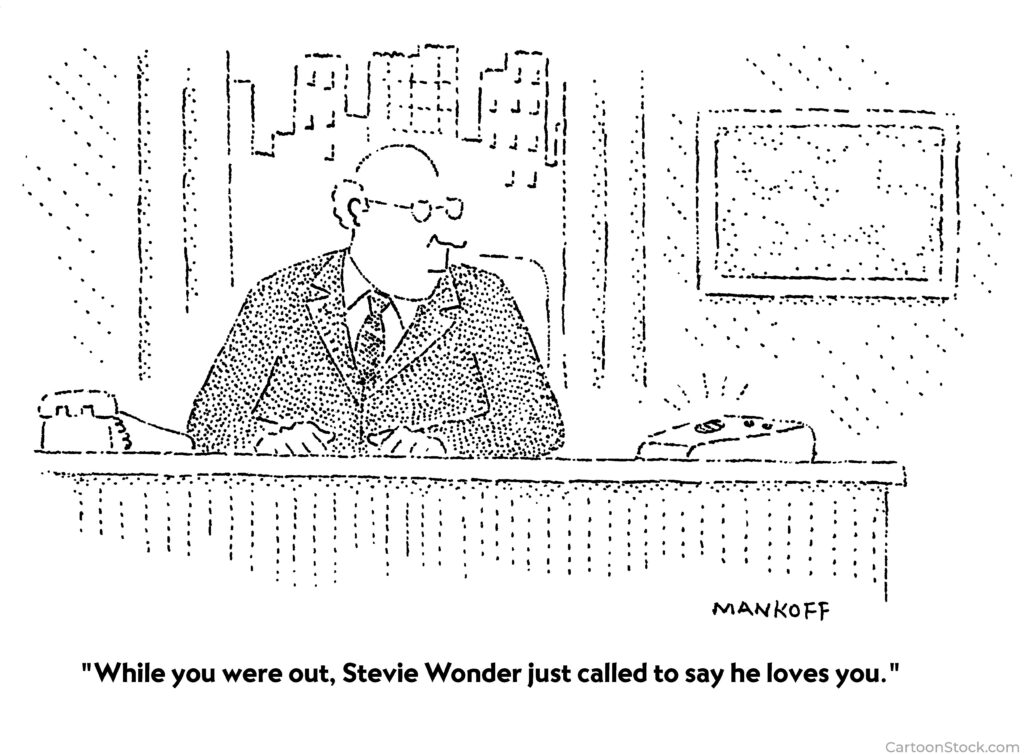
My church is having a four-week emphasis on Love like Jesus. On the first Sunday, Pastor Chuck began his exposition of 1 Corinthians 13 and in his message he encouraged everyone to speak often to those you care about, these three magical words: “I love you.”
Our nine-year-old grandson, Ben, was sitting with us in the service playing Hangman and Tic-tac-toe. I assumed he didn’t pay much attention to the sermon, but several times that evening he approached Mary and me and said, “I love you.” From the day he was born I have often affirmed my love for him by saying that phrase.
Our 7-month old granddaughter, Claire, and her mother live with us. Many times a day I tell her I love her. She doesn’t understand what I’m saying, though I suspect that she picks up on the tender emotions of the moment.
I’m wondering: why do I often say “I love you” to my grandchildren but don’t say it to adults. Other than to my wife, it’s been a long time since I’ve spoken these live-giving words to someone over the age of 10. Why is that?
I could blame it on my family of origin—I can’t remember my father ever speaking those words to me—but that’s a flimsy excuse. I could blame it on our culture—“real men” don’t do that, or on acceptable norms—it seems odd for adults to say that to one another—but the guiding principle should be: the Bible tells us to love one another and that should include verbally expressing our love to one another.
I’m going to change.

I love you, Don!
Thanks, Wayne. I love you and deeply value our friendship. Don
This is so good. I was touched by Pastor Chuck’s message about this, too. Thanks for the reminder.
Perry, I think Chuck is at his best these days. We’re privileged to hear him. Take care, Don.
I like this article very much. Even though it’s in the bible we do not practice it with adults or older people in our lives shame on me
Mary, I feel the same about my neglect in speaking this life-giving phrase to others. Take care, Don.
I couldn’t agree more! Although I think it is easier for women to express their affection for others! And easier also here in the South, where the Bible Belt still exists, than in northern states.
Mary, thanks for taking the time to respond. I agree, women seem to have an easier time with being emotionally effusive, but I don’t think we guys should us that as an excuse. I want to get better at this. Take care, Don.
Great article, Don!
Thank you for sharing an important message.
All the best,
Julie
Thanks, Julie, for taking the time to respond. We have enjoyed our friendship with you and Jim for many years now. Don
“If only” are words of regret, that a majority of us are guilty of. I regret not saying those three important words to some of my family members that are no longer able to receive them. Not only to family members, but to friends that have come along side me and my family in times of struggles, but also times of great joy. Love enlarges circles, both sides can have blessings. That opposite word or words are so divisive…
Gail, I echo your exact sentiments. I wish I had been more generous through the years with those simple words. But I’m determined to start now. Don